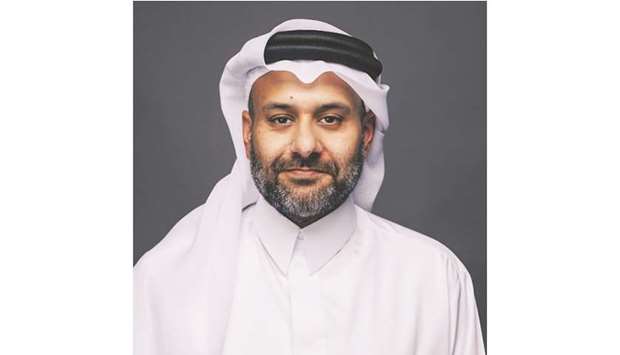The Qatar Financial Centre (QFC) is exploring options to expand business ties with Oman as part of strengthening its regional network.
“There has never been a more important time to further regional partnerships, and this high-level visit to Oman is representative of our efforts to build upon and expand business ties between our countries,” said QFC Authority chief executive Yousuf Mohamed al-Jaida, who led a high-level delegation to Muscat to discuss collaboration for mutual benefit and showcase the growing opportunities available in Qatar’s booming market.
The recent meetings in Oman come as part of the QFC’s continued efforts to promote Qatar as a lucrative destination for companies looking to expand their operations to the Middle East and tap into Qatar’s multibillion dollar infrastructure programme.
QFC delegates met with Dr Ali al-Sunaidy, Minister of Commerce and Industry; Yahya al-Jabri, chairman of the Special Economic Zone Authority Duqm and chairman of Capital Market Authority; Sheikh Abdulla al-Salemi, chief executive of Capital Market Authority and Abdul Salam bin Mohamed al-Murshidi, chief executive of the State General Reserve Fund. A dedicated meeting was also held for selected businessmen and members of the governmental and private sector partnership group.
Despite the regional challenges, 2017 was one of the most successful years for the QFC, recording a 66% year-on-year increase in new firms being licensed (January 1 to December 31, 2017). The total number of firms on the QFC platform reached 461 (at the end of December 31, 2017) compared to 348 firms at end of December 2016, marking a 32.5% increase year-on-year. Currently, the QFC has 485 firms on its platform (as on March 1, 2018).
Once a company submits its application, a dedicated QFC relationship manager is appointed to provide guidance on the registration process, obtaining a licence and setting up operations. QFC firms enjoy competitive benefits, such as operating within a legal environment based on English common law, the right to trade in any currency, 100% foreign ownership, 100% repatriation of profits, 10% corporate tax on locally sourced profits, and an extensive double tax treaty agreement network with more than 60 countries.
In addition, the Employment Standards Office of the QFC is the first Administrative Employment Dispute Resolution Centre in the Middle East and North Africa region operating under International Labour Organisation standards.

Al-Jaida: Continued efforts to promote Qatar.
